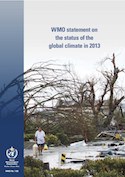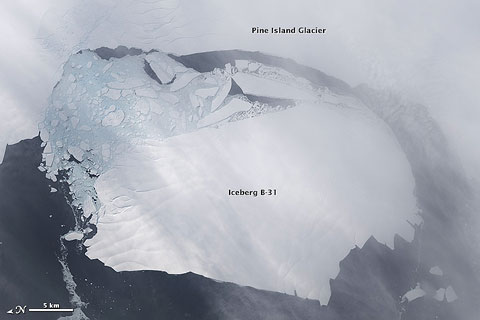 It’s been a long time since my last post: apologies for that. You may blame a bad cold, an urgent need for root canal work, the peak of the truffle season (and truffle tours for culinary heroes ((See also: why.)) ), the start of pruning and political distractions for the drop off in activity here. Normal service should resume in the near future, but meanwhile here are a few of the things that have caught my eye over the last week or two. You may therefore consider this an open thread – and given what follows, somewhat more open than usual…
It’s been a long time since my last post: apologies for that. You may blame a bad cold, an urgent need for root canal work, the peak of the truffle season (and truffle tours for culinary heroes ((See also: why.)) ), the start of pruning and political distractions for the drop off in activity here. Normal service should resume in the near future, but meanwhile here are a few of the things that have caught my eye over the last week or two. You may therefore consider this an open thread – and given what follows, somewhat more open than usual…
The political distraction, of course, has been the response to Nicky Hager’s book, Dirty Politics. I haven’t yet read the book — it’s queued up on the iPad — but as everyone now knows, it concerns the sordid activities of right-wing attack blogger Cameron Slater, and in particular his close ties with senior government politicians. Slater has a long record of climate denial — often lifting material from µWatts or the Daily Mail to support his ignorant bluster — but the revelation that he published paid material for PR companies masquerading as his own opinion begs a question: was there a similar motivation for his climate denial posts?
Continue reading “Friday melts, weird weather and whales (it’s been a long time…)”

 The World Meteorological Organisation’s (WMO) state of the climate report for 2013 was released on Sunday (
The World Meteorological Organisation’s (WMO) state of the climate report for 2013 was released on Sunday (

